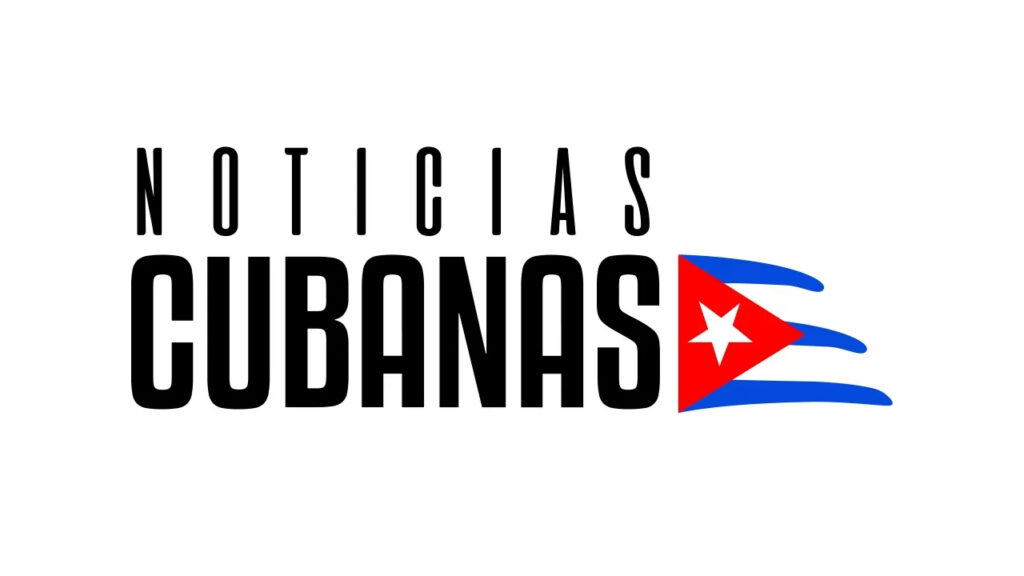HAVANA, Cuba. – According to the National Office of Statistics and Information (ONEI by its Spanish acronym), during the first four months of 2021 –high tourism season– Cuba welcomed 64,712 foreign vacationers, which equals 6% of the 983,099 visitors that arrived in Cuba during the same period in 2020, and 3.4% of the 1.9 million who visited Cuba in 2019 during the same four months.
However, the construction of Gaviota Group luxury hotels and stores near the privileged coastal area of Third and 70th, in Miramar, did not stop. The enormous cranes working on the complex’s main tower only stopped moving in mid 2020 due to a VOCID-19 outbreak among the Cuban and Indian workers under contract with Empresa Inmobiliaria Almest, a company of the GAESA military conglomerate, in collaboration with the French company Bouygues Constructions.
under construction (Credit: the author)
Across the street from the complex under construction, a hard-currency-only market is falling apart due to the apathy of the Cuban rulers and their loathing of the crowds that line up on food lines for hours and even days, depending on what products are being sold. This seems ominous of a very neoliberal future, much to the contrary of the historic discourse of the country’s leaders. Decades ago, the market on Third and 70th was the first to sell products in US Dollars, and later, in freely convertible currency.
To whom, and when, will they be able to rent the thousands of hotel rooms presently under construction in the tourism destinations becomes more uncertain every day. Nevertheless, the companies have to try to honor their construction contracts, and above all, pay the lenders. An incalculable number of years will have to elapse in order to pay off the costs. By then, maybe the Cuban food-line-makers will have left the country, or will have left their descendants deeply in debt.

Miramar (Credit: the author)
The negative effects of the loss of the emerging U.S. market and the world crisis vis a vis tourism due the COVID-19 pandemic revealed the lack of planning and the incompetence of those who bet the scant resources of the nation on the so-called Cuban economy engine.
The country’s leaders put all their eggs in the same basket, while traditional industries were becoming more obsolete every day, the sugar mills were being dismantled, and the government lost its patron starting on the first decade of the century: Venezuela.
In that context, the sale of hotels and other tourist facilities to wealthy foreigners was planned by those who were promoting the mad rush of hotel construction, which, in due time, they will justify as an inevitable solution.
The number of hotel rooms will continue to grow with the construction of hotels, said Manuel Marrero, then minister of Tourism, during a session of the National Assembly, as reported in the official daily Granma in July 2019.
Back then, the goal of the government was to exceed 5 million foreign visitors to Cuba, but only 4’275,558 actual tourists arrived, a decrease of 9.3%, that is, 436,352 less travelers than in 2018.
Tourism had been the second source of net hard-currency income for Cuba, following the sale of professional services to foreign countries, mostly of doctors, and remittances.
In March of 2020, COVID-19 hit Cuba, and entry to the country was closed starting in April. In mid-October, international tourism was once again opened to the keys and Varadero. The government set out to promote tourism to Cuba in new markets, especially the Russian.

The arrival of Cuban nationals stranded in other countries was also allowed. Later on, visitor travel was allowed, as well as round trips to Russia by Cuban nationals, whose travel purposes were to bring shortage-affected merchandise here to sell surreptitiously.
When COVID-19 contagion skyrocketed, the authorities blamed it on violations of isolation protocols for Cuban travelers who were supposed to remain at their lodging destinations until they received a negative result of the PCR test performed at arrival. There were many complaints due to delays in communicating the test results; the government also blamed travelers and their hosts for a lack of discipline.
Starting in November of 2020, the number of COVID-19 cases increased, with a sustained resurgence throughout the country and the presence of several variants, among them the delta variant from India, which becomes serious very quickly and is more lethal, according to Cuban medical authorities.
Cases stemming from individuals traveling from Russia prevail, although tourists are supposed to remain isolated at the keys and Varadero. Starting on June 20th, new requirements were adopted for travelers, whether they reside in Cuba or not.
What remains in effect is the compulsory presentation of a negative result for a PCR test administered within 72 hours from arrival in Cuba. In addition, all reservations made at tourism facilities by Cuban nationals who reside permanently in Cuba were cancelled as of July 1st.
Thus, a tourism boom gets farther and farther away as new outbreaks of coronavirus occur.
Recibe la información de CubaNet en tu celular a través de WhatsApp. Envíanos un mensaje con la palabra “CUBA” al teléfono +1 (786) 316-2072, también puedes suscribirte a nuestro boletín electrónico dando click aquí.


